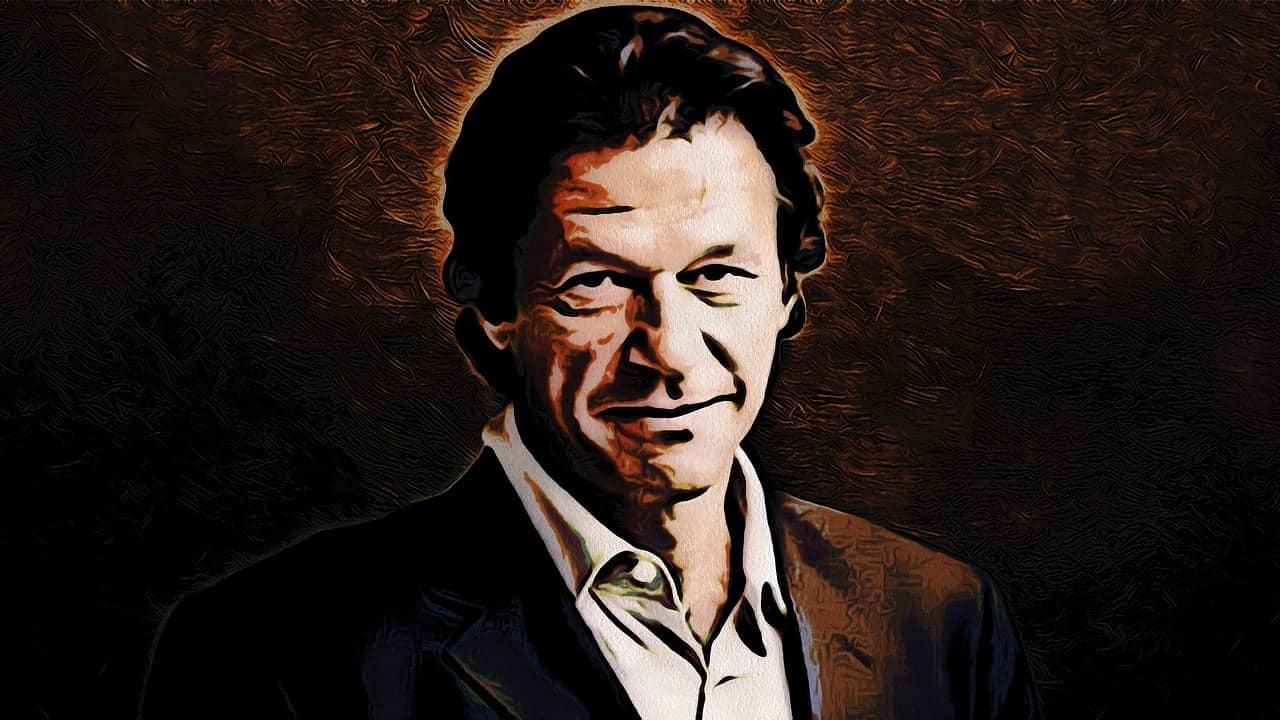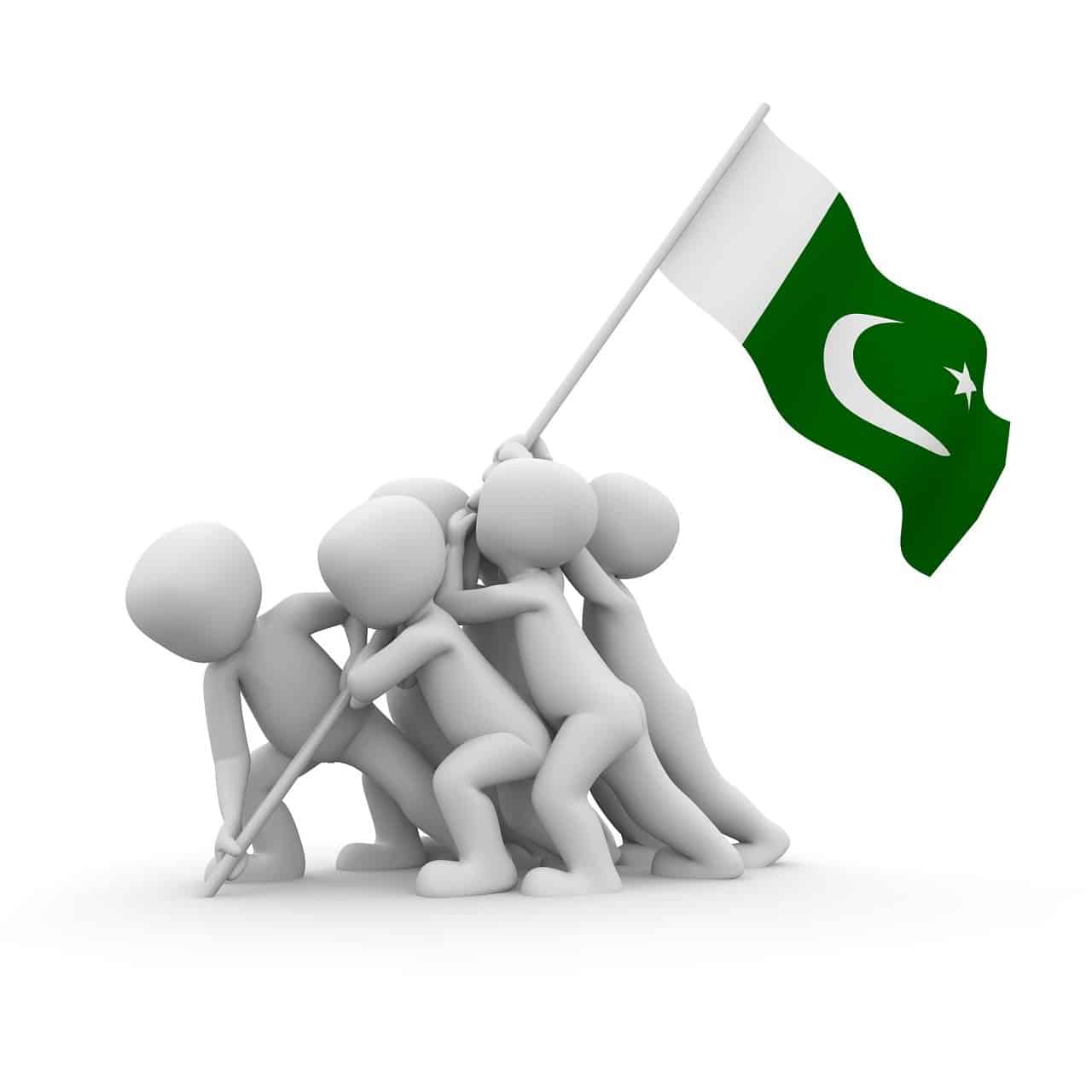Pakistan’s Economy in 2023: Analyzing Its Challenges and Prospects
Pakistan’s economic situation in 2023 is marked by both challenges and opportunities, according to an Analysis of Pakistan’s Economy 2023. While many have suffered through difficult times economically recently, signs of growth and stability are emerging across the board.
Pakistan Is Facing 10 Economic Challenges
Pakistan’s rapid population growth – estimated at 2.2% annually – has placed additional strain on resources within the country. Leading to unemployment, poverty and inequality issues.
Pakistan suffers from inadequate infrastructure that is unable to keep pace with the growing needs of its rapidly increasing population. Hampering economic development and making it harder for businesses to compete against international rivals.
Low Tax Revenues:
Pakistan suffers from an inadequate tax-to-GDP ratio. Meaning the government lacks enough revenue to finance public services and stimulate economic activity.
Deteriorating Public Finances:
Pakistan’s public finances have seen significant deterioration over the years, with budget deficit and public debt increasing significantly – exacerbating economic difficulties further.
An Ineffective Banking System and Economy:
Pakistan’s banking system is ineffective and cannot meet the needs of its population. Thus impeding economic development as businesses struggle to access funds necessary for growth.
Weak Regulatory Environment:
Pakistan suffers from an inadequate regulatory environment, which hinders economic development. Corruption and cronyism have proliferated throughout society as a result, further undermining progress toward economic advancement.
Lack of Investment in Economy:
Pakistan has not been successful at attracting sufficient foreign direct investment (FDI). An essential ingredient of economic development as it provides capital, technology, and access to new markets.
Human Capital Inadequacy:
Pakistan lacks an adequate pool of educated workers, which has limited its economic growth potential.
Poor Education:
Pakistan suffers from an inadequate educational system that has inhibited its citizens’ development of human capital and made them less competitive in global economies.
Pakistan is facing numerous security concerns that have prevented economic development, including terrorist attacks, political instability and regional tensions.
The current account deficit
Pakistan’s economy faces several serious obstacles. One being its current account deficit which has steadily been widening for several years now. This trend can be partly attributed to a large trade deficit and declining exports that has reduced foreign exchange reserves. Inflation also remains an ongoing concern as rising prices erode consumers’ purchasing power.
Pakistan’s economy has experienced substantial improvements.
Pakistan has experienced some positive economic developments despite these obstacles. Pakistan has made significant strides toward stabilizing its fiscal situation by taking measures to reduce budget deficit. And boost revenue collection, and by making efforts to attract foreign investment to spur economic growth.
Enhancing Infrastructure Development in Pakistan.
Recent years, Pakistan has also focused on strengthening its infrastructure, with particular attention being given to improving transportation and energy systems. Such investments should ultimately pay dividends by increasing productivity while simultaneously decreasing business costs in Pakistan.
Pakistan’s growing technology sector, which is driving innovation and increasing competitiveness. Pakistan boasts a vibrant startup ecosystem featuring many young entrepreneurs creating products and services which they hope can be exported abroad.
Even with these successes, however, the country still faces significant obstacles. Most notably, more must be done by government to address poverty and inequality. Two persistent issues in many parts of the country. Furthermore, improvements need to be made in business climate and make it easier for entrepreneurs to launch and expand their companies.
While Pakistan’s economic situation in 2023 presents both challenges and opportunities, there is reason for optimism. Recent progress made has resulted in some success; with continued efforts being put in to tackle its financial difficulties. It should be well positioned for building a more secure future.
Are IMF debt traps the real danger for Pakistan’s economy in 2023?
International Monetary Fund (IMF) loans have long been seen as being an economic debt trap for certain nations, such as Pakistan. Critics allege that IMF loan conditions can lead to an endless cycle of debt. And austerity measures that damage both economy and people in these nations.
Proponents of IMF programs maintain that these loans provide essential funding for countries facing economic difficulty. and that the conditions attached to these loans are essential in helping restore economic equilibrium and foster sustainable development.
Pakistan has received IMF assistance on multiple occasions in the past, though some of their conditions can be controversial. For example, Pakistan was required to implement austerity measures such as cutting spending and raising taxes that may prove challenging when facing economic instability.
Experts contend that Pakistan has benefitted greatly from IMF assistance in terms of meeting its key economic challenges, such as reducing fiscal deficit and stabilizing foreign exchange reserves. Furthermore, technical assistance was given by IMF which has helped strengthen Pakistan’s policies and institutions.
Conclusion
The International Monetary Fund is often seen as a debt trap for Pakistan’s economy. Though various experts hold differing viewpoints on the matter. While IMF programs can present challenges that require creative solutions and may hinder sustainable growth and stability in some instances. They can also be invaluable support in times of difficulty and provide invaluable assistance when times get rough.
Why experts consider IMF a Debt Trap?
Experts describe the International Monetary Fund as a debt trap for various reasons, including:
Conditions can be stringent:
International Monetary Fund loans come with stringent conditions that may include austerity measures and structural reforms. That can be difficult for countries to implement and can have far-reaching economic and social ramifications.
Cycle of Debt:
IMF loans often carry with them strict conditions that force countries into an endless cycle of debt repayment; the country often taking on additional loans just to service previous ones. This burden of repayment is difficult to escape.
Harmful impacts on economy:
IMF-mandated austerity measures such as cutting spending and raising taxes can damage both a country’s economy and its citizens, including reduced consumer spending and economic growth.
Long-term impact on economy:
IMF loans may have significant long-term repercussions for an economy and its citizens. For instance, cutting spending on social programs may worsen poverty and inequality, while decreasing public sector size could have adverse effects on job creation and economic development.
Unwanted focus on development:
Critics contend that the IMF’s emphasis on macroeconomic stability and fiscal discipline can come at the expense of development and poverty reduction efforts that are vital components of long-term growth and stability.
Experts often refer to the IMF as a debt trap due to its stringent loan conditions and subsequent debt cycle, harmful effects on economies and citizens, long-term consequences, and lack of focus on development.
Will Pakistan be able to increase economic growth over the coming years?
Forecasting Pakistan’s economy can be difficult, but certain factors could have an effect on its ability to expand in coming years.
Political Stability:
An attractive political environment is essential to attracting investment and supporting economic expansion. If Pakistan can maintain stability through reforms that foster an enabling business environment, its economy could see substantial improvements.
Reforms: Over the past several years, Pakistan’s government has implemented numerous reforms designed to enhance tax collection, reduce budget deficits and stabilize currency exchange rates. If these reforms continue along with measures designed to spur economic development, Pakistan could improve its economic outlook significantly.
Investment:
Pakistan relies heavily on foreign investment to bolster its economy. If the government can create an environment conducive to investors, attracting sufficient funds could drive economic development forward.
Export Growth: Pakistan relies heavily on exports as an engine of economic expansion; thus increasing exports will be vital if it wants to achieve sustained economic development. If the government can improve competitiveness of exports and thus boost growth and the economy simultaneously.
Infrastructure Development: Infrastructure expansion.
Investment in infrastructure such as transportation and energy systems can reduce business costs while simultaneously increasing productivity. If governments continue investing in this area, economic growth could increase significantly and open new doors for business and industry.
Conclusion In summation, Pakistan’s economic success will depend on various factors including political stability, reforms, investment decisions, export growth and infrastructure development. If the government can overcome any hurdles to sustainable economic development and create an ideal environment for sustained economic development then Pakistan may achieve sustained economic stability and growth in coming years.
Conclusion Pakistan’s economic situation in 2023 was determined by a combination of factors, including government reforms, investment decisions, export growth and infrastructure development. While political instability and austerity measures present challenges to economic progress, progress was also made with tax collection and decreasing budget deficits.
International Monetary Fund (IMF) loans have long been considered controversial in Pakistan due to their strict conditions, which can create a debt trap. Critics contend that IMF’s focus on macroeconomic stability and fiscal discipline may come at the cost of development efforts and poverty alleviation initiatives.
Pakistan’s ability to successfully diversify and strengthen its economy over the coming years will depend on several key elements, including political stability, reforms, investment decisions, export growth and infrastructure development. If the government can maintain stability while creating an environment favorable to business and investment activity then sustained economic growth may be possible – yet with so many challenges still standing in its way it may take considerable effort and patience in order to realize lasting economic success for Pakistan.






6 Comments